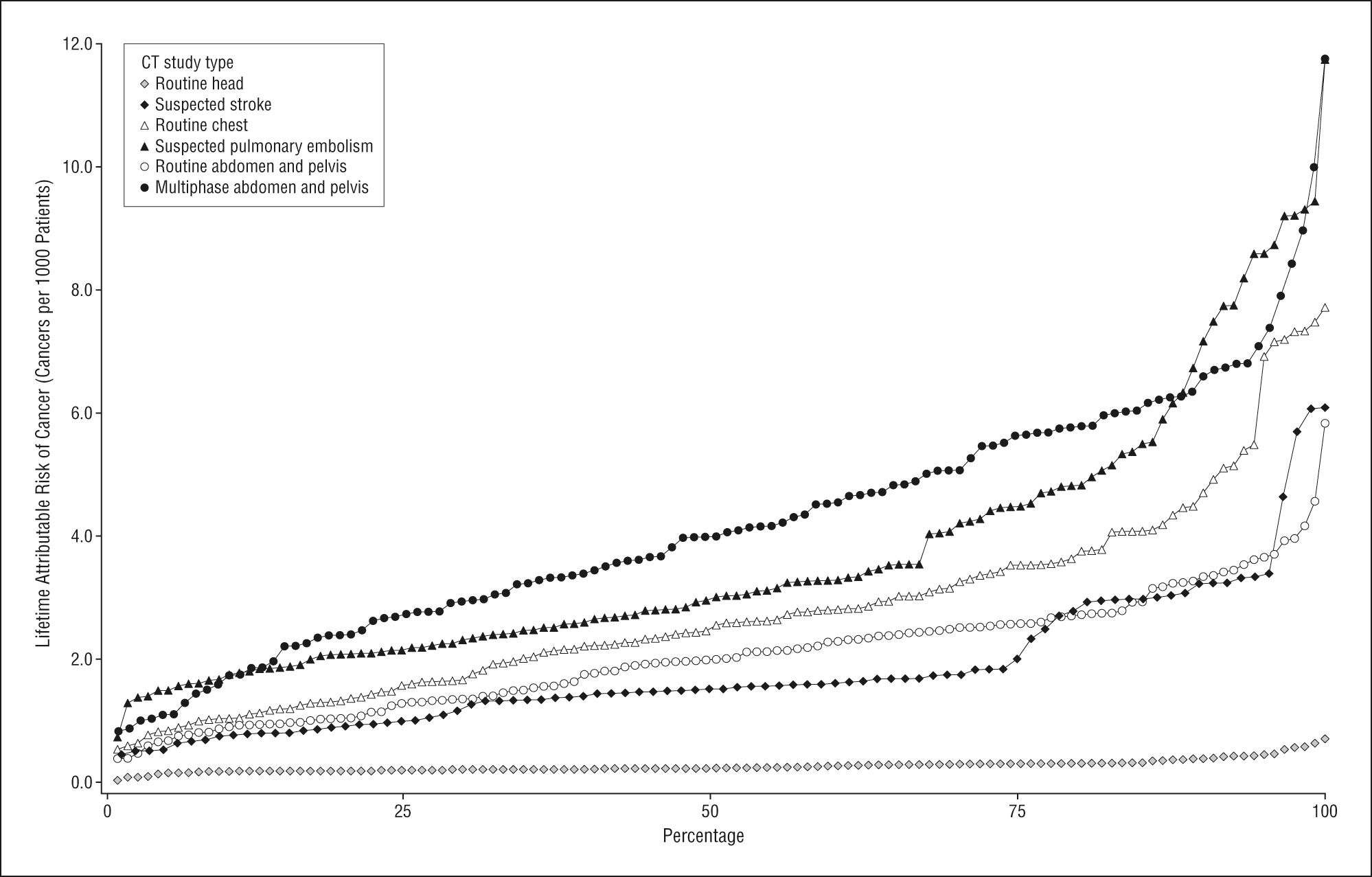Microblogging is blogging of short text messages, photos or other media and is best exemplified by Twitter. Twitter use has grown tremendously in 2009, and this also includes many scientists.1 FriendFeed is a another microblogging tool that not only allows sending of short text messages, but connects them together in groups and discussions threads similar to what you can do in online forums.
Front Matter

Nature Network turns 3 years old today, and it has been a very interesting ride. I wasn't around when Nature Network started, but posted by first Gobbledygook blog post (the blog had a different name back then) in August 2007. We passed the 50.000 comments milestone just a few weeks ago. And we were told that big changes to the blogging platform underneath are imminent. I have had many, many positive experiences in these 2 1/2 years.
Just four weeks ago I wrote a blog post titled How do you read papers? 2010 will be different. Not only have we since seen the announcement of the Apple iPad, but last Monday the free Nature.com iPhone app was launched.
This weeks's blog post is a guest post on the Biomedicine on Display blog – I was kindly invited by Thomas Soderqvist from the Medical Museum of the University of Copenhagen. The first email was sent in 1964, but that first email has been lost forever.

Following the ScienceOnline2010 conference, librarian Dorothea Salo wrote on her blog: This disconnect is the number one threat to science librarianship today – perhaps to all academic librarianship. How can science libraries persist when scientists haven't the least notion that libraries or librarians are relevant to their work? These are serious questions, and of course I don't have the answers.
ScienceOnline2010 just finished a few hours ago, and from what everyone was saying it was yet another wonderful meeting. I attended last year and moderated a session called Providing public health and medical information to all, but unfortunately could not come this year. News about ScienceOnline2010 are all over the place, including from our own Henry Gee.
In November 2008 I wrote a blog post called How do you read papers?
ORCID stands for Open Researcher and Contributor ID and was announced in early December.
Sustainability in science is nothing new. The term sustainability science was probably first used in 2001 (see Wikipedia entry), and the title of this blog post was already used by a 2002 editorial in Science. There are both journals (Sustainability: Science, Practice & Policy, Sustainability Science) and conferences (e.g. here and here) about this topic and you can get a degree in sustainability science.

Two papers (this and this) and an editorial in the latest issue of Archives of Internal Medicine examine the cancer risks associated with the use of computed tomography (CT) examinations.1 Ionizing radiation increases the risk for developing cancer. There is direct evidence from atomic bomb survivors in Japan in 1945 and from nuclear accidents such as the one in Chernobyl in 1986.
Earlier this month I gave this talk in my department. It is basically a summary of two blog posts that I wrote in October during Open Access Week (Open Access Week: a researcher's perspective part I and part II), and I had given a similar talk in November in an Open Access workshop organized by the Helmholtz Association.